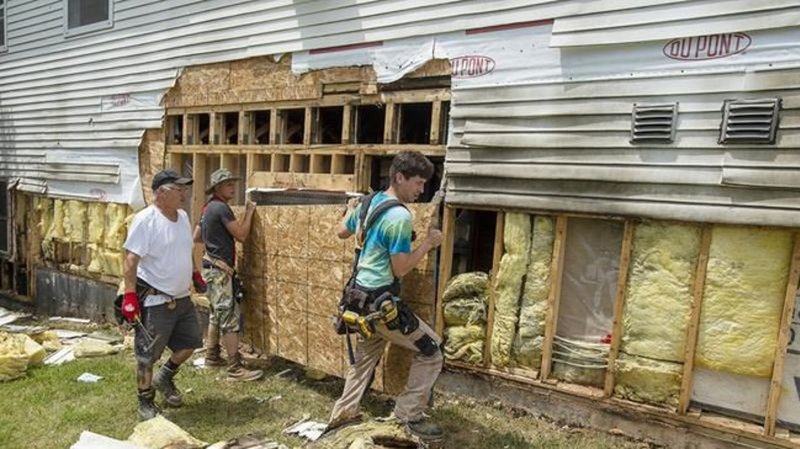
Nova Scotia RCMP report suspicious fire at Catholic church in First Nations community
INDIAN BROOK, N.S. — Police are investigating a suspicious fire that damaged the Catholic church in a First Nations community north of Halifax, the latest in a recent string of church fires on Indigenous lands reported in two other provinces.
The RCMP in Indian Brook, N.S., say the fire at St. Kateri Tekakwitha Church was reported Wednesday morning at 4:20 a.m. The church serves the Sipekne’katik First Nation, about 64 kilometres north of the port city.
RCMP spokesman Cpl. Chris Marshall says the province’s fire marshal has been called in to determine the cause of the fire, which damaged the south side of the building on Church Street. He could not confirm why investigators described the source of the fire as suspicious.
“It could be a multitude of factors,” Marshall said in an interview. “It could be anything from finding an accelerant to speaking to witnesses in the area, to possible video surveillance.”


